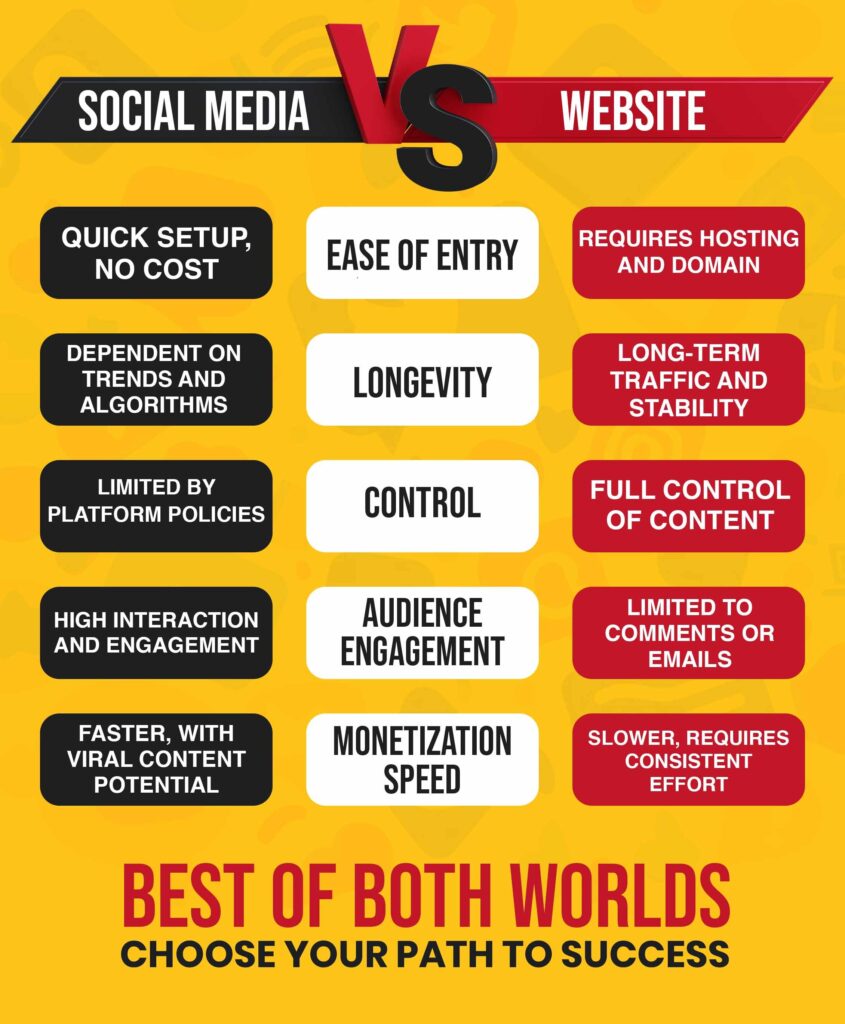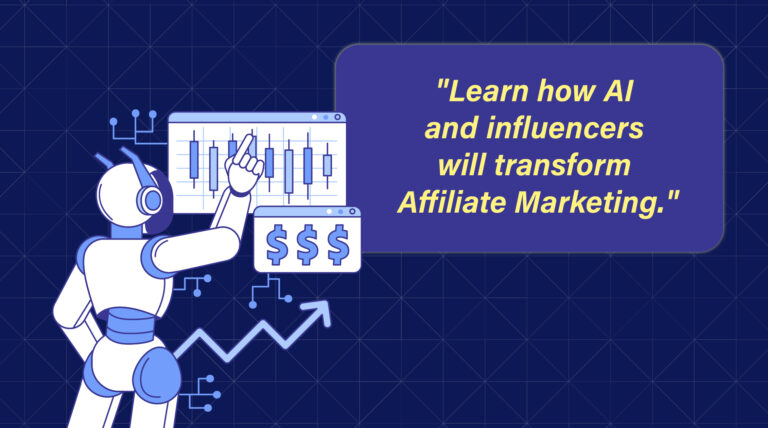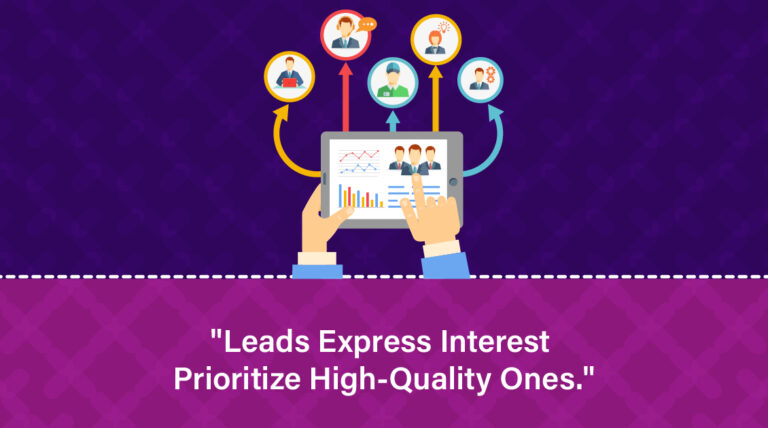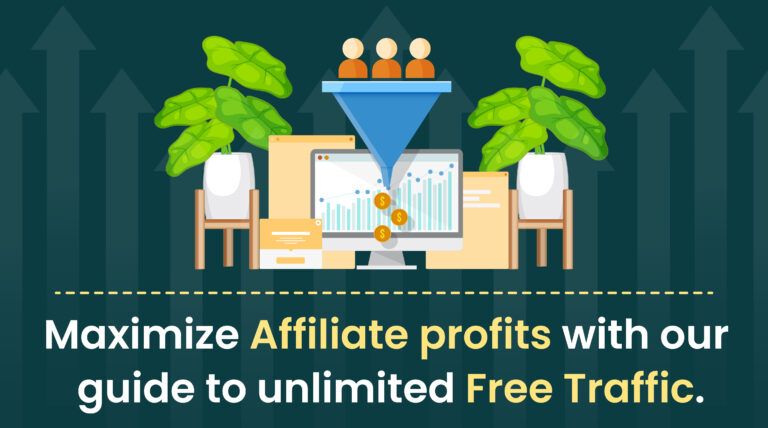[Disclosure: This post may contain affiliate links. If you click on one of these links and make a purchase, we may earn a commission at no extra cost to you. We only recommend products we believe will add value to our readers. For more info read our full Affiliate Disclosure]
Is social media better than a website for affiliate marketing? Which platform will help you earn the most, and which one is best for your long-term success? Choosing the right place to promote your affiliate products can make all the difference. Should you dive into the fast-paced world of social media for quick wins, or invest in a website that builds lasting trust and value? The answer might surprise you! Let’s break it down and find the best strategy for your affiliate marketing success.
What is Affiliate Marketing?
Affiliate marketing means promoting products or services from other companies and earning a commission for each sale or lead made through your unique affiliate link. Popular affiliate networks like Amazon Associates, ShareASale, and ClickBank make it easier for marketers to find products that match their audience’s interests, helping them earn money online. This method has grown quickly, thanks to digital platforms that help marketers reach the right audience.
Two of the most common platforms for affiliate marketing are social media and websites. Each has its strengths, challenges, and best uses.
Why Choose Social Media for Affiliate Marketing?
Social media has changed the way businesses and people connect, offering quick reach and engagement. For affiliate marketers, platforms like Instagram, Facebook, TikTok, and Twitter (now X) offer great opportunities to reach millions of active users every day. Here’s why they work well for affiliate marketers:
- Instant Engagement: Social media lets you connect directly with your audience in real time. Features like likes, shares, and comments make it easier to interact and build trust.
- Viral Potential: One post can go viral, boosting your affiliate links and earnings. Hashtags, trends, and challenges help spread your reach.
- Visual Appeal: Platforms like Instagram and Pinterest are great for showcasing products with eye-catching photos and videos.
- Cost-Effective: Starting on social media is free. You can create a profile, post content, and grow your audience without spending money upfront.
- Targeted Advertising: Paid ads on social media let you target specific groups of people, making sure your affiliate links reach the right audience.
Why Build a Website for Affiliate Marketing?
A website provides a strong foundation for your affiliate marketing efforts. Here’s why it’s still a great choice:
- Control and Ownership: You own your website and its content. Unlike social media, where changes in algorithms can lower your visibility, your website stays under your control.
- SEO Opportunities: Search engine optimization (SEO) helps your website rank higher on Google, bringing in more organic traffic over time. Blog posts with affiliate links can earn you passive income for years.
- Credibility and Professionalism: A well-designed website builds trust and authority. Visitors are more likely to take you seriously compared to just having a social media profile.
- Long-form Content: Websites are perfect for detailed reviews, tutorials, and comparisons, which can convince potential buyers more effectively than short social media posts.
- Multiple Income Streams: A website can host ads, sponsored posts, and other content alongside your affiliate links, giving you multiple ways to earn.
Social Media vs. Website: The Key Differences
| Aspect | Social Media | Website |
| Ease of Entry | Quick Setup, no cost | Requires hosting and domain |
| Audience Engagement | High interaction and engagement | Limited to comments or emails |
| Longevity | Dependent on trends and algorithms | Long-term traffic and stability |
| Control | Limited by platform policies | Full control of content |
| Monetization Speed | Faster, with viral content potential | Slower, requires consistent effort |

Which Strategy Is Better for You?
The answer depends on your goals, resources, and skills. Here’s a quick guide to help you decide:
Use Social Media if you’re just starting out and want quick results. Social media is great for niches that are highly visual or trending, such as fashion, beauty, or fitness. If you’re comfortable creating short-form, engaging content regularly, social media could be the best fit for you.
Focus on a Website if you’re in it for the long haul and want stable, passive income. Websites are ideal if you prefer writing detailed articles or reviews. If you have the resources to invest in a domain and hosting, building a website can provide long-term benefits.
The Best of Both Worlds
Why choose when you can combine both strategies? Many successful affiliate marketers use social media to drive traffic to their websites. For example, you can:
- Post a product review video on Instagram and link to a detailed blog post on your website.
- Share snippets of your blog articles on Facebook or Twitter with a link back to your site.
- Use Pinterest to create visually appealing pins that direct users to your affiliate content.
Your Path to Affiliate Marketing Success
Social media and websites both have unique advantages for affiliate marketing. Social media offers quick engagement and viral potential, while a website provides stability and credibility. The best strategy often involves leveraging both platforms to maximize your reach and earnings.
Start by analyzing your strengths and resources, then choose the platform that aligns with your goals. Whether you prefer the fast-paced world of social media or the structured approach of a website, affiliate marketing success is within your reach.
Ready to start your journey? Choose your platform and make it happen!
[Disclosure: This post may contain affiliate links. If you click on one of these links and make a purchase, we may earn a commission at no extra cost to you. We only recommend products we believe will add value to our readers. For more info read our full Affiliate Disclosure]








